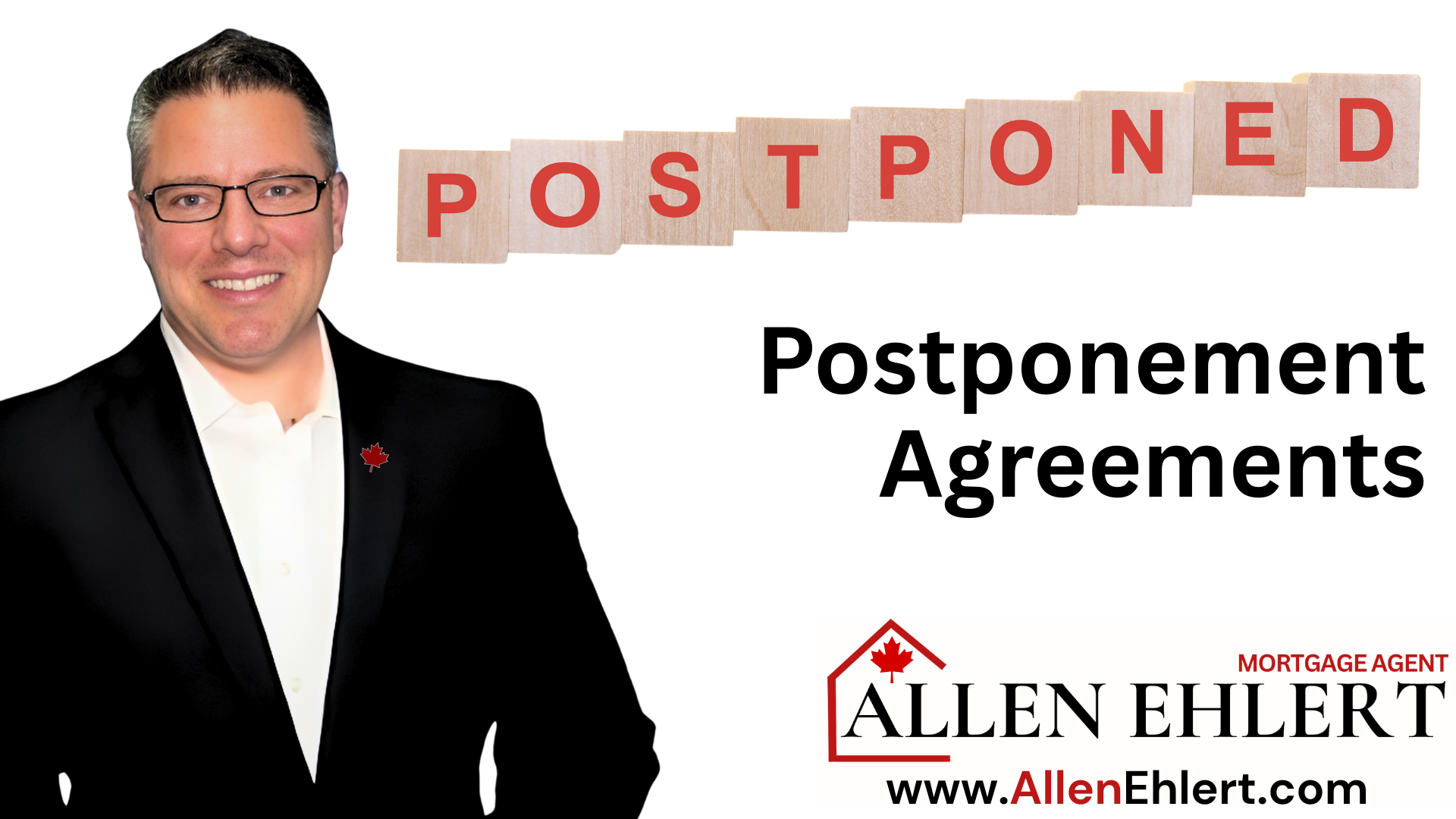Why Provinces Download Onto Municipalities: Follow the Money (and the Politics)
If you’ve ever wondered why Ontario’s cities are straining to pay for everything from public housing to transit to stormwater pipes, the answer lies in a quiet but powerful political strategy called “downloading.” It’s the art of pushing responsibility down the ladder—without sending the dollars to match.
But why do provinces do this?
Allow me to unpack the key reasons:
The Province Controls the Purse Strings—but Faces Budget Pressure
Municipalities Have Limited Revenue Tools
Political Optics: Municipal Tax Hikes Look Better Than Provincial Ones
Constitutional Quirk: Municipalities Are “Creatures of the Province”
It’s Easy to Download. Hard to Upload.
The Province Controls the Purse Strings—but Faces Budget Pressure
In Canada, provinces sit in a sweet spot. They collect major taxes—income tax, sales tax (HST), corporate tax—but they don’t directly deliver all the local services. Yet as health care, education, and social programs get more expensive, provinces look for ways to offload costs while keeping their books balanced.
The path of least resistance? Download services to municipalities, who don’t have the same fiscal firepower and can’t really say no.
Ontario is the Worst
When we talk about Ontario’s housing crisis, municipal budgets rarely get the spotlight—but they should. The ability of cities to fund infrastructure, housing, and essential services is directly tied to the tools they’ve been given by the province. And in Ontario, those tools are severely limited. Despite being tasked with delivering billions in services—from public housing to transit—municipalities are stuck relying on outdated, narrow revenue streams. What’s worse, the province has offloaded major responsibilities over the past few decades without providing the funding or legislative authority to match. The result is a structural imbalance that forces municipalities to make impossible choices, pass costs onto homebuyers, and struggle to keep up with the pace of growth.
The most significant wave of downloading happened during the Mike Harris government in the 1990s, under the “Common Sense Revolution.” The province sought to reduce its spending and balance the budget by transferring a wide range of responsibilities to municipalities—with little to no compensation.
- Lack of Revenue Tools
- No True Uploading to Match
- Toronto Hit Hardest
- Ongoing Cost Pressures with No Relief
Lack of Revenue Tools
Municipalities in Ontario rely on property taxes, user fees, and development charges—and cannot levy income or sales taxes. The province offloaded big-ticket responsibilities without giving cities the tools to fund them.
No True Uploading to Match
Although there have been some modest reversals (like the uploading of some transit and court security costs under the McGuinty government), the core responsibilities—especially housing—remain with municipalities.
Toronto Hit Hardest
As Canada’s largest city, Toronto bears a disproportionate burden. It’s responsible for funding:
- Over $2 billion per year in social services downloaded by the province
- A large share of public housing (Toronto Community Housing is one of the largest landlords in North America)
- Ongoing infrastructure expansion without reliable provincial or federal cost-sharing
Ongoing Cost Pressures with No Relief
Ontario municipalities now face the added challenge of growth, climate adaptation, aging infrastructure, and escalating construction costs—with the same limited tax tools they had in 1997.
Municipalities Have Limited Revenue Tools
Ontario municipalities can’t collect income tax or sales tax. Their revenue comes mainly from:
- Property taxes
- User fees
- Development charges
This means they’re politically and financially vulnerable. The province knows it, and uses it. When a province wants to reduce its own spending—but still see services delivered—it simply hands them off to the cities.
Result: cities are stuck paying for more with less.
Political Optics: Municipal Tax Hikes Look Better Than Provincial Ones
Let’s be blunt: no government wants to raise taxes, especially heading into an election.
By downloading services, the province gets to keep its tax rates steady—while municipalities are forced to either:
- Raise property taxes (which are less visible to the average voter)
- Jack up development charges
- Cut services
So when your city increases its tax bill or adds $150,000 to the cost of building a home, the provincial government can say, “That’s a local decision.”
In reality? It’s often a provincial setup.
Constitutional Quirk: Municipalities Are “Creatures of the Province”
Under Canada’s Constitution, cities have no independent power. They exist because provinces say they do. That gives provincial governments almost total authority to delegate (or offload) responsibilities—without needing to negotiate.
So when Queen’s Park tells Toronto, “You’re now responsible for public housing,” Toronto has to say yes—even if the funding doesn’t follow.
It’s a structural imbalance baked into how Canada governs itself.
It’s Easy to Download. Hard to Upload.
Once a responsibility is offloaded, municipalities are stuck with it. Uploading—getting the province to take it back—is politically painful and bureaucratically messy. Even when cities ask for help (think: housing or transit), the answer is often:
“We’ll provide some funding—but it’s still your job to deliver it.”
It’s the governmental equivalent of giving you a car with no gas and asking you to get to Montreal.
And So… Housing Pays the Price
When cities are forced to fund big-ticket responsibilities like transit, long-term care, and public housing with limited resources, they turn to the one place they can extract large sums quickly: new development.
Development charges balloon. Construction slows. Housing costs spike. And meanwhile, the root cause—provincial downloading—gets buried beneath layers of municipal budget reports.
What’s the Way Forward?
To break the cycle, Ontario and other provinces need to:
- Rebalance funding responsibilities—especially for services like housing and transit
- Create predictable funding partnerships with municipalities
- Restrict the use of development charges to true growth-related costs
- Reform municipal revenue tools so cities can raise funds more equitably (not just from new homebuyers)
My Final Thoughts
Provinces download to keep their budgets clean and their hands politically clean. But the cost shows up where it hurts most: in the affordability and availability of homes across Ontario.
And until we fix that imbalance, every “affordable housing strategy” that ignores provincial downloading is just rearranging deck chairs on the Titanic.












